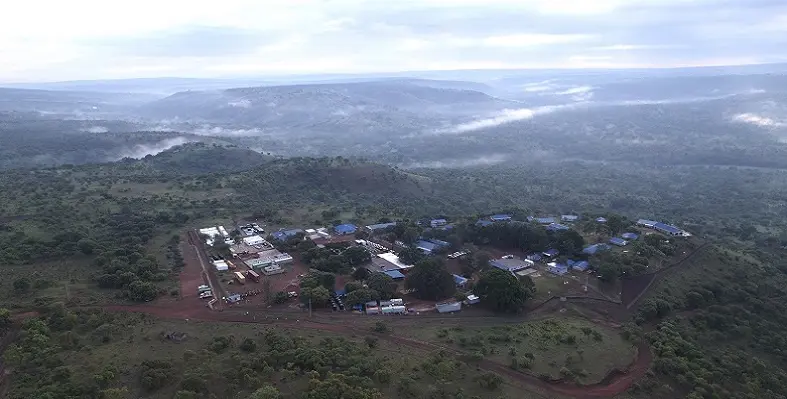Lifezone Metals, a modern metals company which aims to provide cleaner and more responsible metals production and recycling, has signed an MoU to support Japan Organization for Metals and Energy Security (JOGMEC) in its efforts to secure cleaner metals for the Japanese battery industry
The MoU is focused around the Kabanga Nickel Project in Tanzania which was acquired by Lifezone Metals in 2021. Believed to be one of the world’s largest and highest-grade undeveloped nickel sulphide deposits, Lifezone Metals is seeking to pair the project with its Hydromet Technology in order to unlock a new source of LME-grade nickel, copper and cobalt for the global battery markets while empowering Tanzania to achieve full in-country value creation.
“Kabanga is a world-class, high-grade nickel deposit and we welcome the opportunity to bring on JOGMEC as a strategically aligned partner,” remarked Lifezone Metals CEO, Chris Showalter. “With BHP as our project development partner, Societe Generale as our lead financial advisor for the project financing process, the support of the U.S. International Development Finance Corporation and the Government of Tanzania, and now strategic cooperation with JOGMEC – a Japanese government independent administrative agency for energy and metals, we see a clear indication of intent to drive this globally significant project forward to the benefit of all partners and stakeholders.”
Sustainable supply
Under the MoU, Lifezone Metals has agreed to collaborate with JOGMEC to facilitate the supply of metals from Kabanga, through Lifezone Metals’ portion of marketing rights, for Japan’s growing battery industry. Ensure a sustainable and traceable metals supply chain, the initiative aligns with both organisation’s commitments to advancing responsible mining practices and supporting the global transition to clean energy.
JOGMEC will consider providing financial support for Japanese companies upon its submittal of an application for the Japanese Governmental funding support programme. This potential investment underscores the importance of the Kabanga Nickel Project in meeting the increasing demand of Japanese industry for cleaner metals.












